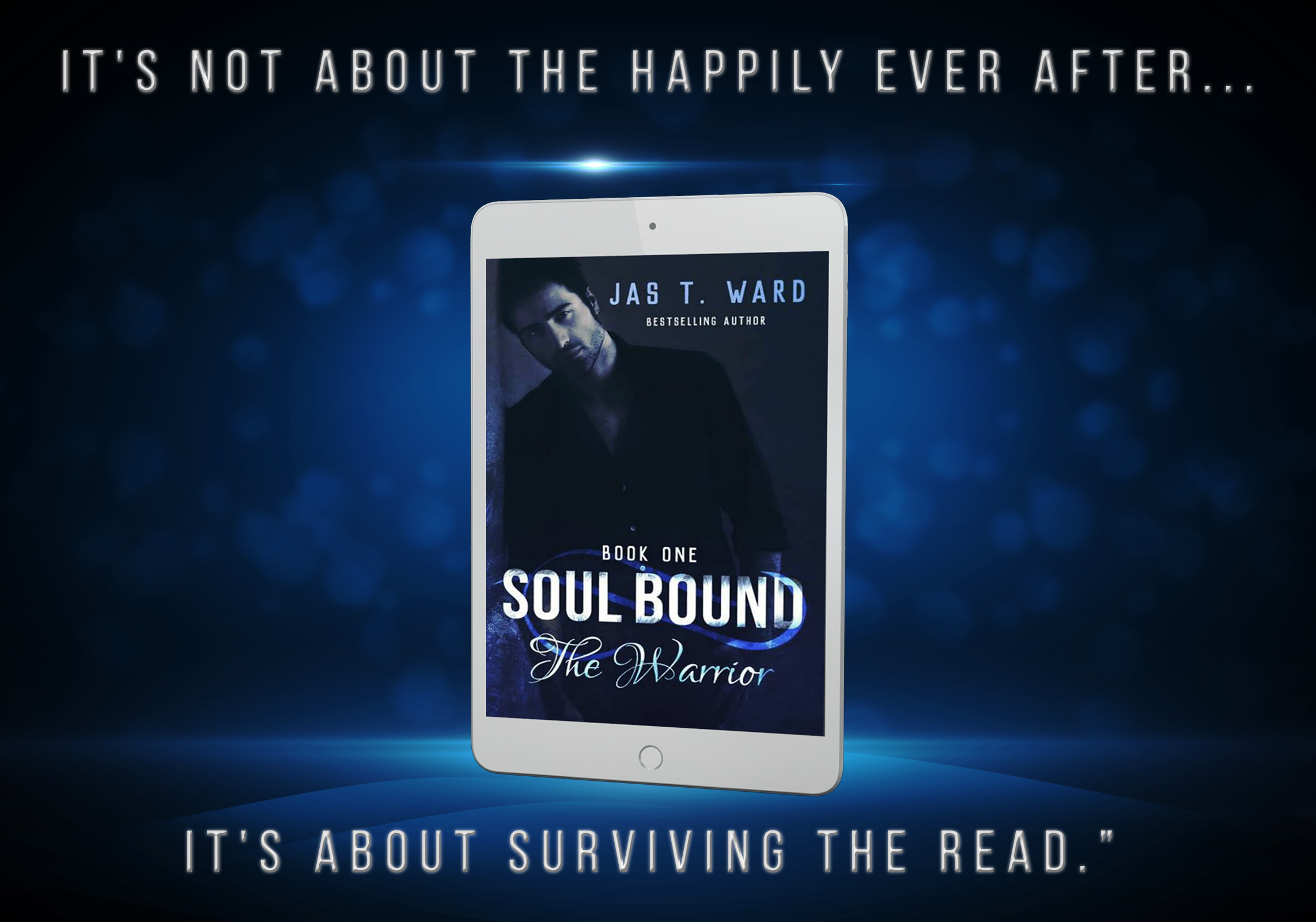Q&A with narrator Edward Mittelstedt, The Warrior
/How did you wind up narrating audiobooks? Was it always your goal or was it something you stumbled into by chance?
About a year ago I was in this online boardgaming community and played against a gentleman named Christopher Meyer. At one point during an online game, he casually mentioned that he should have been editing his audio book that he was narrating instead of playing games. My ears immediately went into prairie dog mode, and started asking him a bajillion questions about it. It took me a few months after that to set up some rudimentary recording equipment and narrate my first book. It was terrible and I will claim it unless you force me.
Are you an audiobook listener? What about the audiobook format appeals to you?
I am a rabid audiobook listener. I have a two-hour commute each day in the car, so that provides a lot of dead time. I focus on listening to books with narrators that fit my style and voice, and try to pick out small things that each narrator does wrong or does right. This makes me hyperfocus on my own performance and reading style, and allows me to pick up new things that I think are really cool that the narrator has done.
What are your favorite and least favorite parts of narrating an audiobook?
By far my favorite aspect is recording. This is the easiest part of the process, and the most fun. I dread editing, where you have to listen to every sentence and get the timing between them just right, listen for errant breaths, etc. It’s tedious, boring, long, did I say boring? Many established narrators farm out this work to editors, thereby allowing them to concentrate on simply the recording. Someday I’ll be in that position, and when that happens I’ll know I have hit my stride.
What would you say are your strongest narration abilities?
Character voices. I can do a multitude of voices, from Gizmo the Gremlin to Kermit the Frog, to a lot of things in between. I think being able to do character voices add a level of complexity to the listen, as you can create memorable secondary characters to support the plot..
What about this title compelled you to audition as narrator?
The audition script blew me away. I had just finished narrating a dark fantasy romance under a pseudonym and I was still in a “romance narrator” mode. So I started looking for other romance titles that caught my eye. The premise of Soul Bound itself is fascinating - I lived in a haunted house for about 5 years so anything paranormal or supernatural catches my eye. So after reading the audition script and seeing how dark and broody the main character was, I had to audition for it.
Have there been any characters that you really connected with?
I really connected with Jace. We’ve been through similar situations (I won’t tell what aspects) so I really felt for the guy, and felt I could read his story with all the suppressed emotions that I have to give.
What type of the review comments do you find most constructive?
I read all of my reviews. I like the positive ones of course, but I really look for the negative reviews that provide constructive criticism. The ones that say, “Narrator sucked” sucks as reviews. Why did I suck? What did I do that caused you to hate it? Let me try to improve it for the next time. I have one review where the writer literally compared my voice to Tattoo of Fantasy Island. While I disagree with that to some degree, there’s not much I can do about it. Those types of reviews bother me. Was it a compliment or an insult?
Who is your “dream author” that you would like to record for?
Stephen King. I grew up with his books. I bought “It” the week it was released in hardback and read it from cover to cover in 5 days. Also, Joe Abercrombie. His “The Blade Itself” series is an amazing read. I love his writing style.
If you could narrate one book from your youth what would it be and why?
The Gunslinger by Stephen King. It’s already been done by the amazing George Guidall, but that book blew me away when I read it in my first year of college. That opening line: “The man in black fled across the desert, and The Gunslinger followed.” Such a brilliant statement. So much packed in there.
What do you say to those who view listening to audiobooks as “cheating” or as inferior to “real reading”?
I can see some people thinking that way, but for those of with long commutes and therefore long periods of pointless non-productive dead time, audiobooks are a godsend. When you drive, you enter a trance-like state anyway. Getting sucked into the story being read to you in this state, you are like a sponge to the story, the action, the emotions. I love it.



















































